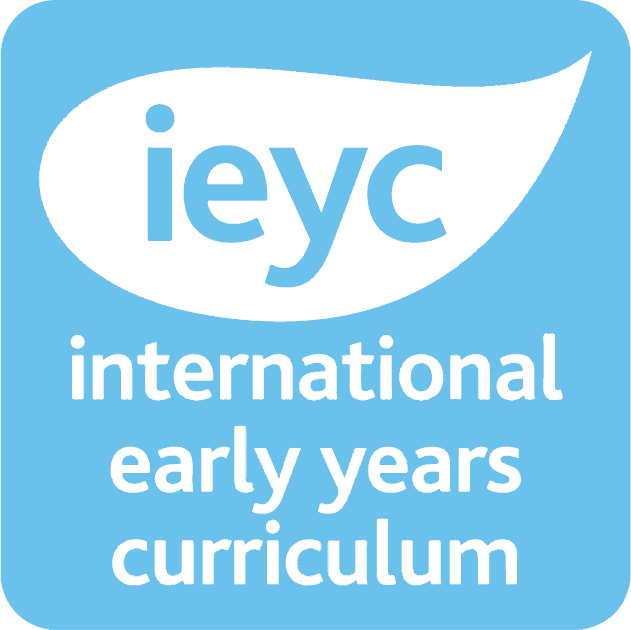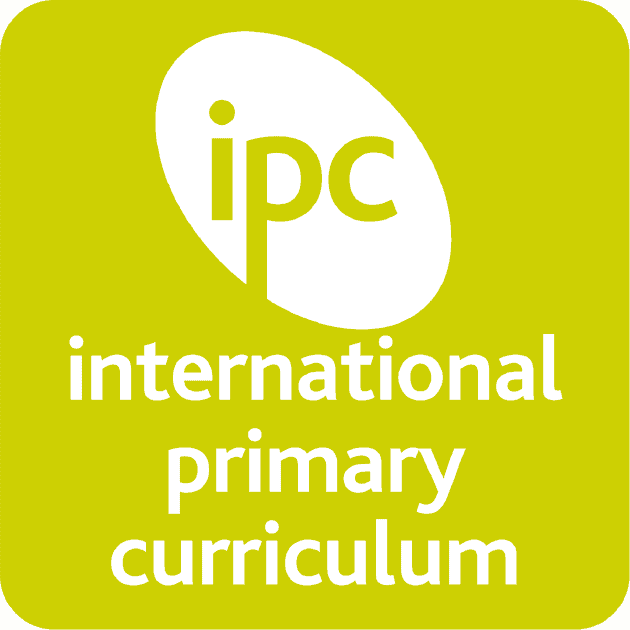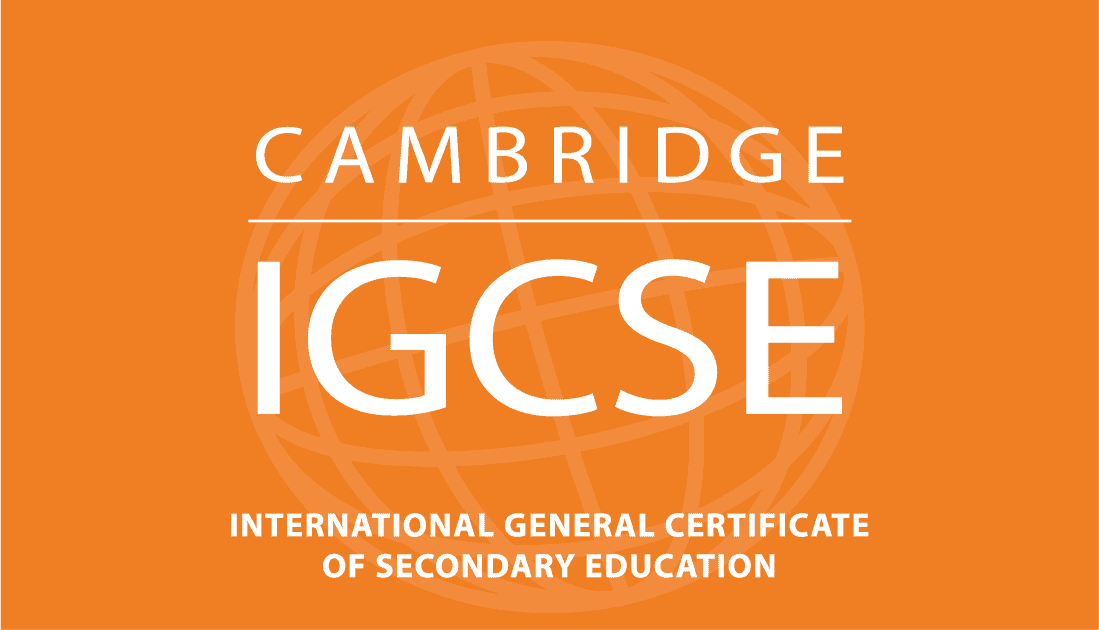Reading is a primary skill impacting a student’s academic and personal journey. Healthy reading skills boost clarity, logical reasoning, and communication, resulting in holistic success. However, many children struggle with proficiency, vocabulary, and commitment. This article will share successful ways on how to improve reading skills in students. It also discusses the significance of educators and parents in facilitating an encouraging space.
Why Building Strong Reading Skills is Essential?
An excellent literary foundation promotes lifelong learning and prepares kids for future possibilities. Here are some noteworthy benefits of developing good reading skills:
- Groundwork for Academic Success:
Proficient reading abilities lay the cornerstone for a student’s academic success from a young age. Regular reading cultivates comprehension and deep logical thinking across multiple subjects, like sciences and humanities. Learners with robust reading skills can better tackle complicated topics, achieve objectives, and excel in standard tests.
- Improves Interpersonal Skills:
Reading helps grow crucial communication abilities, both written and verbal. Students’ capacity to share ideas more persuasively grows with exposure to multiple writing techniques, sentence syntax, and vocabulary. Consistent reading refines listening and speaking abilities, all fundamental during academic debates, presentations, and social interactions.
- Refines Vocabulary and Expression:
Reading introduces pupils to new terms and phrases they’ll naturally adopt into their vocabulary. Students’ knowledge and usage of words grow as they see in varied contexts. The expanded vocabulary permits learners at a leading international school in Cambodia to express their ideas clearly in written and verbal formats, boosting their language skills.
- Cultivates Appetite for Knowledge:
Reading builds a hunger for knowledge, pushing learners to explore new information. Students get exposed to new viewpoints and cultures by engaging with varied genres. It promotes an in-depth awareness of everything around them. This intellectual curiosity builds a lifelong passion for learning, urging pupils to pursue information and personal growth.
Key Strategies for Boosting Reading Proficiency:
- Establish a Daily Reading Routine:
Consistency is essential for students looking to build their reading abilities. Setting aside devoted reading time daily helps children develop fluency, understanding, and a love of literature. Whether it’s a 20-minute break before bed, after school reading sessions, or an early morning reading, a routine fosters discipline and attention, resulting in a relaxing and continuous habit.
- Explore Diverse Texts and Formats:
Encourage kids to read varied resources, including novels, daily newspapers, self-help books, and digital blogs, to diversify their perspectives and make reading captivating. Exposure to distinct genres and creative styles improves understanding and critical thinking. Students learn how to improve reading skills and build adaptation by reading varied texts, becoming more confident and adept readers in multiple disciplines and real-world settings.
- Utilise Digital Resources and Tools:
Modern technology can make reading more engaging and accessible. E-books, audiobooks, literacy apps, and educational websites enable personalised learning experiences. Text-to-speech, dictionary integration, and annotation capabilities improve learner understanding and engagement. Digital tools permit students access to a wide range of content, allowing them to research their interests and passions.
- Master Active Reading Strategies:
Active reading improves comprehension and memory using annotation, summarisation, questioning, and prediction techniques. These tactics promote profound thinking and critical evaluation. Students’ capacity to grasp, analyse, and apply gained knowledge grows when they engage with content actively. It renders reading enjoyable and impactful, resulting in better literary skills and classroom performance.
- Join Peer-to-Peer Reading Sessions:
Collaborative reading activities promote commitment and confidence. Group conversations, book clubs, and joint reading sessions empower students to collaborate and exchange ideas. It inspires them to ask questions and improve their understanding. Learning from peers promotes comprehension and fluency, making reading a joyful experience. This supportive scenario after primary admissions uplifts struggling readers and boosts confidence and motivation.
- Celebrate Growth and Milestones:
Recognise and reward accomplishments, like finishing a book, boosting comprehension, or growing vocabulary. These small milestones help kids develop healthy reading habits. Setting targets, evaluating progress, and utilising rewards or praise contribute to a positive learning experience. Recognising milestones boosts perseverance, motivating pupils to continue building their reading abilities with passion.
Role of Educators and Parents in Fostering Reading Skills:
Educators and parents have a massive responsibility in shaping learners’ reading habits. Teachers can allocate a reading-friendly space by choosing unique and stimulating resources. They can use interactive tactics like guided reading and decoding exercises. Educators can offer individualised guidance and feedback, recognising each student’s needs.
Parents can implement these actions at home by reading with their children, setting dedicated reading intervals, and discussing texts to promote understanding. Offering regular praise and celebrating milestones are positive reinforcements that help foster inspiration. When educators and parents team up, they facilitate a robust system enabling a child’s appreciation for reading and a continuous habit.
Conclusion:
Boosting reading habits in students requires constant practice and the interactive approaches mentioned above. These proven techniques will improve reading skills and learners’ drive to study and evolve. Children can develop positive reading habits at a young age, enhancing outcomes and instilling a lifetime love of learning.


























